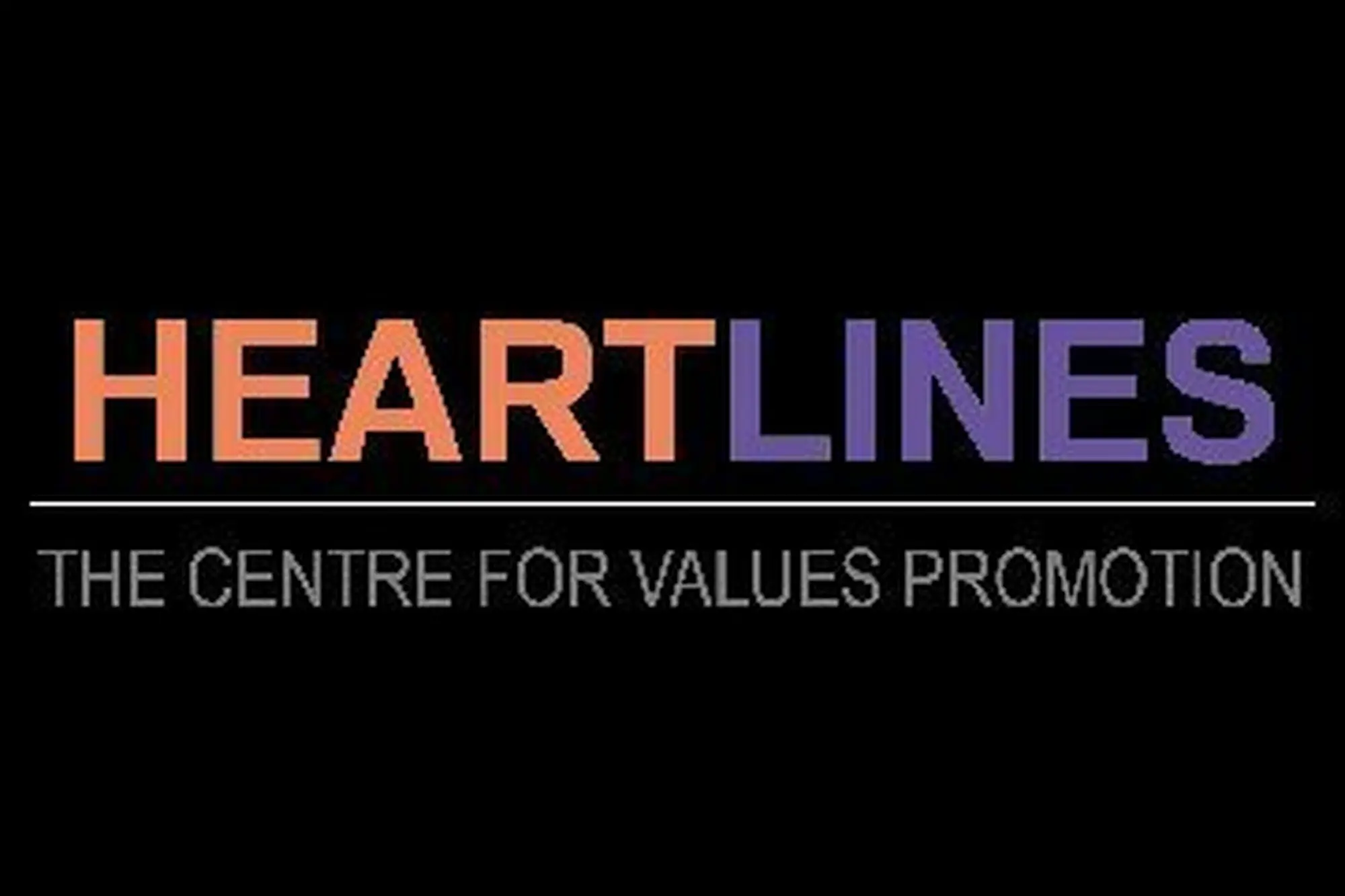It pays to save
Apartheid , Gang

What comes to mind when you hear the word saving: sacrifice, investments, something only rich people can do...?
South Africa is not known as a nation that saves – research shows that almost 70% of us are not saving. In July 2013, statistics released by the South African Savings Institute (SASI) showed that household savings in SA was a shocking 1.7% while household debt was a massive 75.4%. Despite the obvious income inequalities we have, other countries in similar income brackets are saving more than we do.
Welcome to week 5 of the Heartlines Values & Money campaign. This week we focus on the money value, self-control in saving.
So why aren’t we saving? Perhaps we think we don’t earn enough. It’s easier to gamble or get credit than to invest. Saving options are complicated. Who can think of saving when we’re trying to get out of debt?
All of these may be understandable reasons. But none of them will help us plan for the future or be prepared for an emergency. To change our savings behaviour it seems we need to change our savings mindsets.
Most of us agree that saving is a good idea but it’s hard to think of savings when you’ve got debts to repay or when your salary is gone almost as soon as it’s paid into your bank account. Dave Ramsey, author of The Total Money Makeover says, “You will only save money when it becomes an emotional priority.” In other words, when you put your heart, mind and emotions into saving.
Saving can become a priority when we see that even the smallest start can make a big difference over time. When we realise that having a plan for the future can benefit us – and others. And when we’re willing to let the value of self-control keep us true to those plans.
Week 5 of the Heartlines Values & Money campaign. Self-control in saving
Join the conversation. Live the values.
#moneyvalues
Featured






